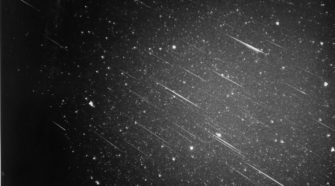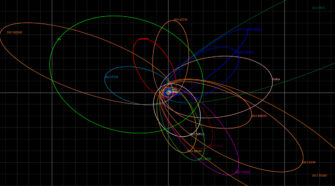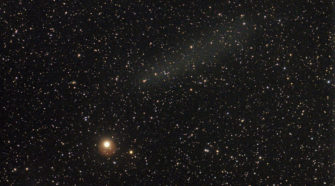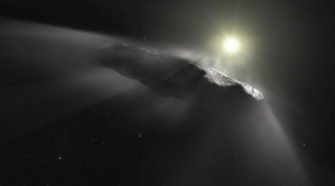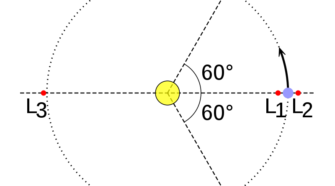Topic
Special Topic: Comets and Meteor Showers
I first began to show an interest in astronomy when I was 6 years old, although my interests shifted between astronomy and various other scientific fields over the next few years. My father was an early riser, and one morning when I was 8 he was engaged in his normal morning routine when he noticed that …
Special Topic: The Far Outer Solar System
It essentially goes without saying that our knowledge of all regions of the solar system has grown enormously during the past few decades. What we might call the “outer solar system,” i.e., beyond Neptune, is a region where our knowledge has perhaps grown the most, since until quite recently we knew almost nothing about this …
Special Topic: The Death of Comets
What happens to comets when they “die?” Our solar system has been around for 4.6 billion years, and, obviously, a large percentage of the comets that the solar system started off with are no longer with us. While many comets still remain in the reservoirs of the outer solar system, i.e., the Kuiper Belt and …
Special Topic: Kreutz Sungrazers
The Great Comet of 1882 – a recent previous “Comet of the Week” – attracted a lot of attention from around the world from both astronomers and the lay public. One of the many interesting facets of this comet had been its very small perihelion distance, just a few hundred thousand km above the solar …
Special Topic: 1I/‘Oumuamua
While the details are always in a state of revision, for quite some time now the general consensus among astronomers as to how the solar system and its planets formed involves the accumulation of smaller objects, “planetesimals.” The comets and asteroids we see today, and that have been the primary focus of “Ice and Stone …
Special Topic: Trojan Asteroids
In any orbital configuration involving two, and only two, objects – for example, Earth and the sun – the orbital motion can be solved directly from Isaac Newton’s Law of Universal Gravitation; the mathematical solution is complete and analytical. As soon as additional objects are added to the mix, however, things become much more complex, …

